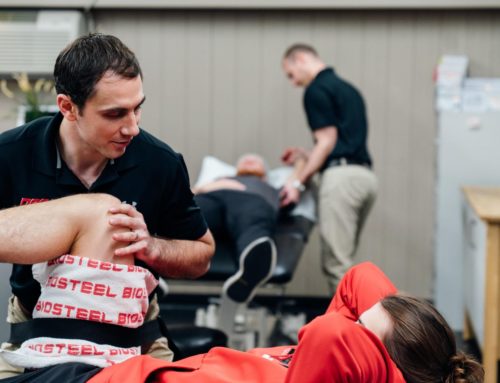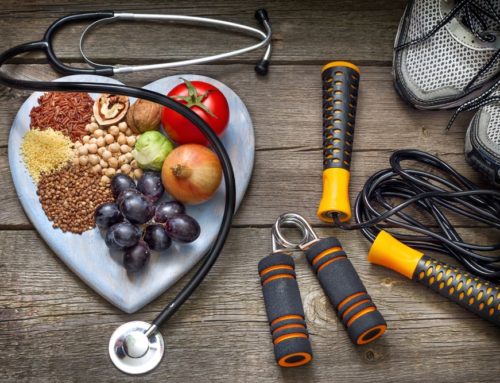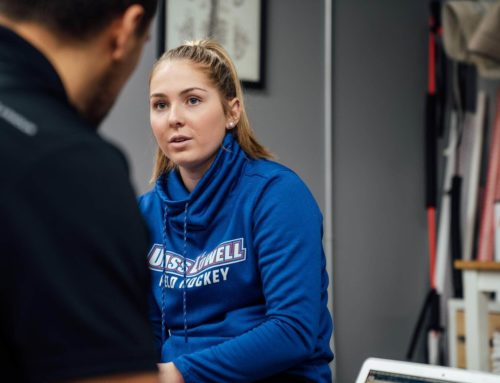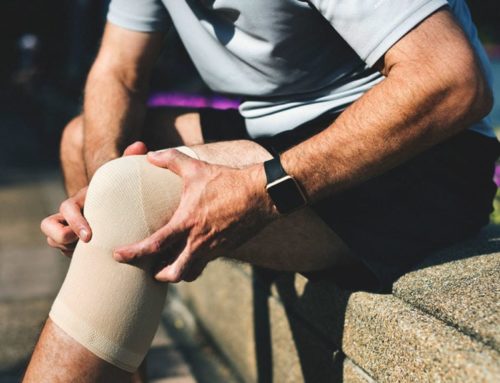Since hockey season is beginning to ramp up for our athletes in Kitchener, Waterloo & Cambridge, how do we prevent this draining feeling of fatigue from becoming a regular thing and effecting performance? The answer is NUTRITION.
If you think about the body as a high performance car, the food we consume is the fuel. Now since your body isn’t just any old car, you can’t feed it just any old fuel. Only the proper forms of fuel and the right amount will allow you to get that car’s full potential – easier said than done. The proper amount of food and nutrients is necessary to provide energy for sport performance. So, what we need to figure out from this is: what foods will provide the best form of energy in sport, what do I eat before a game, or tournament, and what do I eat after competition to help with recovery?
First we will look at the 3 major sources of energy: carbohydrates, proteins and fats; also known as the macronutrients.
Carbohydrates (Carbs)
Carbs are the major fuel source for athletes, providing the most readily available energy for muscles in the form of muscle glycogen, and should comprise about 45-65% of total caloric intake for young athletes. Now carbs can be a tricky energy source to deal with, because not all sources are the same. The more complex the carbohydrate (AKA oligosaccharides, or polysaccharides) the better. And vice versa, with the more simple the carbohydrate (AKA monosaccharides, or disaccharides) the less amounts we want to consume on a regular basis. Complex carbs take longer to break down, and therefore can be stored as muscle glycogen (the fuel source for our muscles) more effectively than simple carbs, which if are not used immediately as an energy source will be stored as fat.
The sources of complex carbs we want to have in our diet include such things as: whole grains (quinoa, rice, pasta), vegetables, and fruits. And the sources of simple carbs we want to stay away from include such things as: candies, high sugar foods, pastries, etc.
Proteins
Protein does not act as a primary source of energy during exercise, but is extremely necessary in muscle building and repair. Therefore it is very important to consume protein post-exercise, though we recommend having a good protein source with every meal. Protein should comprise 10-30% of total caloric intake for young athletes. Good sources of protein include: eggs, lean meats (chicken, fish, turkey, etc.), quinoa, nuts, and legumes (chick peas, beans).
Fats
Now fats are the most misunderstood, and neglected energy source by many individuals, just because of the name alone. But, fats are a vital to athletic performance, and aid in many necessary bodily functions. They are important for brain function, act as an energy source, improve recovery from bouts of exercise, and assist in the proper absorption of vital nutrients, as well as so much more. There are three types of fats, and the key to a healthy diet and improved sport performance is to ensure a balanced diet with all of them. They are Saturated, Mono-unsaturated, and Poly-unsaturated fats, and should comprise 25-35% of total caloric intake for young athletes. Some good sources of healthy fats include: oils (flax seed, olive, coconut), nuts, avocado, omega-3 fish oils, as well as some meats (salmon, steak).
Putting It All Together
Now that the macronutrients have been reviewed, and we see how each one contributes to development and sport performance in young athletes, we need to pull this information together to see when it is vital to eat what.
When carbs should be a major occupant of your diet is the night before, the morning of, and immediately following the game. Since carbs, and complex ones at that fact, will be the major dietary energy source for exercise, it is important to have a significant source of carbs in the meals prior to competition, as well as afterwards to assist with recovery. We want to have proteins with every meal to help prevent muscular breakdown during competition, creating muscular fatigue, and to up-regulate protein synthesis to allow for more effective recovery post-competition. And finally, because of the multiple roles fats play in sport performance and development, it is another energy source we would like to have in place in each meal.
Example of Game-Day Nutrition:
Breakfast: Eggs with spinach, veggies and cheese; toast with almond butter; fruit with yogurt and granola
Snack/Lunch: Spinach and chicken salad with quinoa and an apple
Pre-game: Chicken with whole grain rice and steamed broccoli
Post-game: Whole grain wrap with lean meat, with rice, legumes and veggies
HYDRATION
Now we can’t forget about the most important component of all, hydration. Effective hydration starts days before the game, not the day of. And proper game-day hydration requires fluid intake before, during and post-game. Picking up regular hydration habits are an effective plan of action for maintaining high levels of performance, and preventing dehydration during activity. That is why DEPTH Training recommends an intake of 2-3L of water each day in addition to hydration patterns with games and practices. Hydration starts the recovery process and without proper hydration your body will not recover effectively, and sport performance will diminish.
Example of Game-Day Hydration:
- Morning: 500 mL
• Mid-morning: 500 mL
• Lunch: 500 mL
• Mid-Afternoon: 500 mL
• Prior to Sleep: 500 mL
Game Hydration:
- 2 hrs prior to Warm-Up: 500 mL
• 30 min prior to Warm-Up: 250 mL
• During Game: 250 mL
• Post-game: 500 mL
Important with any nutrition and hydration plan, make sure the portions are not too little or not too small. Most important thing is that you, the athlete feels comfortable and capable of performing to your best ability. It may take some playing around with meals and portions sizes to find that perfect balance, but it will come – and when it does, you will be playing at your highest level.
Looking for more nutrition guidance? DEPTH Training can help! Contact us for more information on our nutrition programs.
Written By: Neil Martin (Head Strength & Performance Coach)






